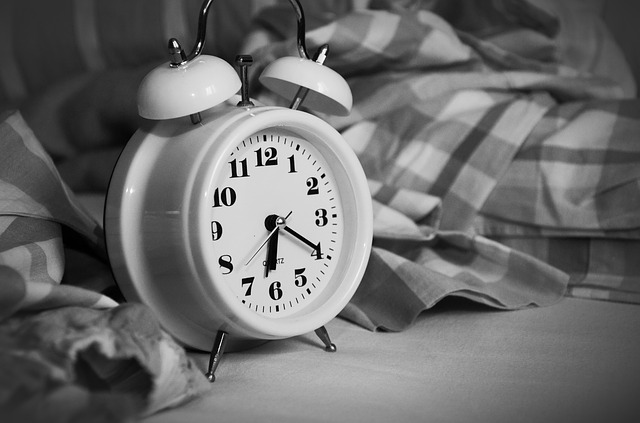The Truth About 8 Hours of Sleep

8 hours of sleep per day can be too little, too much, or just enough. It really depends on the person. In fact, there’s no single number of regular sleeping hours that can be prescribed for every single person on earth.
That’s right: the 8-hours-of-sleep-per-day rule is a myth. But if you’ve been strictly following it and seeing nothing but good results, that’s because 8 hours is an estimation that’s not that far from the scientific truth.
7 to 9 Hours of Sleep/Day is Ideal for Adults Ages 18 to 64
If you’re 18 to 64 years of age, anywhere between 7 to 9 hours of sleep is healthy for your mind and body. These numbers come from the National Sleep Foundation. In 2015, the NSF convened with experts in physiology, pediatrics, anatomy, sleep, neurology, gynecology, and gerontology to reach a consensus and decide on the appropriate amounts of sleep for all ages.
The result is a universal, age-specific guide on recommended/healthy sleep durations that can be used by anyone to see whether they’re sleeping normally or not.
According to the guide, it’s normal for teenagers aged 14 to 17 to sleep for 8 to 10 hours per day. For newborn babies up to 3 months old, anywhere between 14 to 17 hours of sleep is healthy and normal. Consult the NSF’s recommendations for more details.
7 to 8 Hours of Sleep/Day Can Increase Longevity
One study has found that people who slept for 7 to 8 hours regularly were a lot less likely to die early than those who didn’t. This data comes from european researchers who cross-analyzed 16 different studies (conducted over 25 years) that covered 1.3 million people (and upwards of 100,000 deaths).
According to the results, people who slept for a mere 6 hours per night were 12% more likely to suffer early deaths. Meanwhile, those who slept for more than 8 hours per night were even more doomed at 30%. Even unluckier were those who only had 5 or less hours of sleep per night, whose chances of death were multiplied by 1.7 times.
6.5 to 7.4 Hours of Sleep/Day Can Lower Blood Sugar Levels in Diabetics
This one comes from a 4870-person study on the sleeping habits of Japanese adults who have type 2 diabetes. In this case, 8 hours of sleep is a little too much. The study found that those who slept for either less than 4.5 hours or upwards of 8.5 hours per day had higher BMIs (body mass index) and, more alarmingly, higher A1C levels (average blood sugar). The lowest A1C levels were recorded in those who got between 6.5 to 7.4 hours of sleep on a nightly basis.
Too Little/Too Much Sleep Can Lead to Other Serious Long-Term Conditions
While shooting for 8 hours of sleep per day isn’t recommended for everyone, sleeping for much less (or much more) than the recommended amounts actually poses certain health risks that cannot be ignored. Diabetes is just the tip of the iceberg. Plenty of recent research has linked too little/too much sleep to a number of medical conditions:
- Obesity and diabetes
- High blood pressure
- Anxiety
- Depression
- Alzheimer’s Disease
- Stroke
- Heart Disease
- OSA or obstructive sleep apnea
- Physical fatigue
Quality of Sleep is Just As Important as Duration
Whether you’re getting 7 or 9 hours of sleep on a regular basis, another important thing to consider is how you’re sleeping. Are you able to regularly sleep straight throughout the night or are you constantly bothered by middle-of-the-night awakenings? If your answer is the latter, then you’re still not getting enough healthy sleep.
It’s not just about racking up average hours of sleep per day. It’s also about prolonged, uninterrupted sleep. Waking up once or twice in the middle of the night is normal and not likely to affect normal sleep. But if you find yourself waking up more than twice a night with difficulty getting back to sleep, that might be why you’re not feeling well in the morning.
There are several stages of sleep, and each stage is in some way essential to how the mind and body repairs itself while asleep. If your daily sleep is regularly interrupted, you might not be experiencing enough of the deeper phases of sleep, which could negatively affect your mood, learning ability, memory, and general productivity.
Replace Sleep Myths with Facts for Healthier Sleep
The important thing to remember is that it’s not about strictly getting 8 hours of sleep on a daily basis. It’s about finding the sleep schedule that caters to your personal needs and doing whatever you can to ensure that you get uninterrupted sleep on a regular basis.